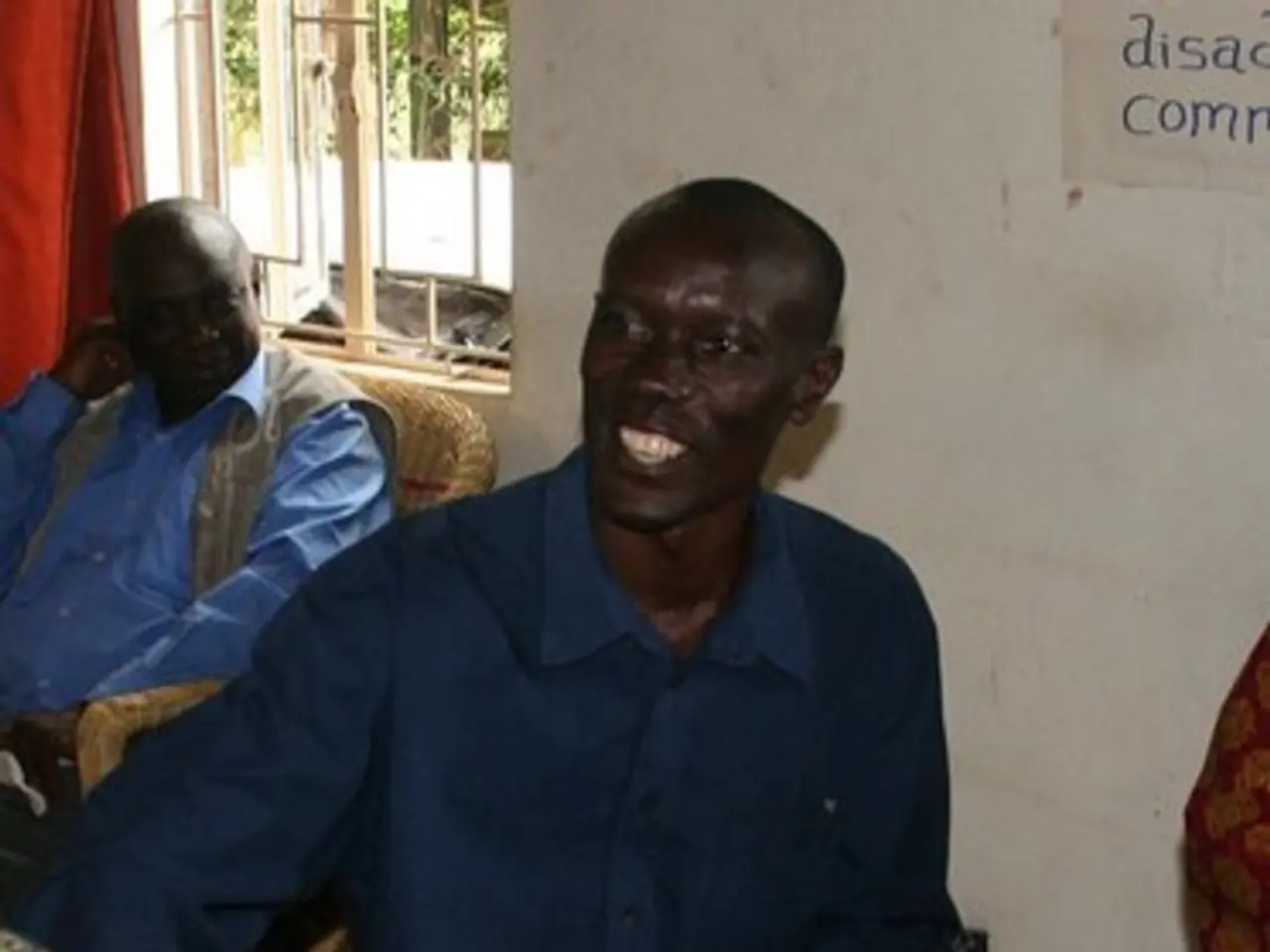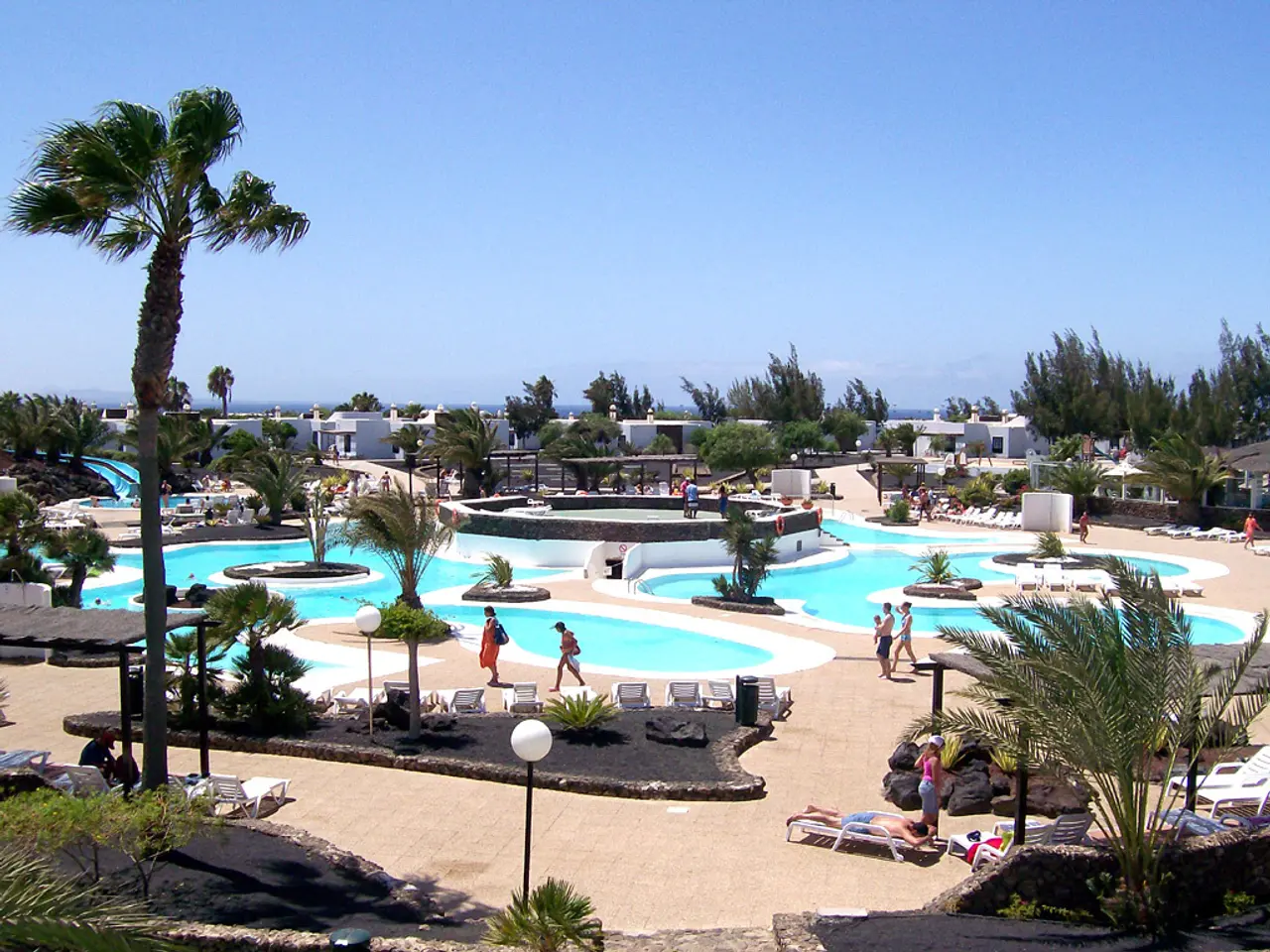Overcrowded situations should not hinder the provision of essential services to asylum seekers, according to the European Court of Justice. - In overpopulated locations, the essential requirements of asylum seekers must still be fulfilled, according to the EU.
In a landmark ruling, the European Court of Justice (ECJ) has reaffirmed the obligation of Member States, including Ireland, to guarantee an adequate standard of living for asylum seekers. This ruling comes in response to a case involving two asylum seekers from Afghanistan and India who were denied housing and basic services in Ireland.
The ECJ's ruling makes it clear that EU law requires Member States to provide housing, financial aid, or vouchers, even during crises such as an influx of asylum seekers. While temporary derogations are possible under strict conditions, they do not absolve states from ensuring asylum seekers' basic needs are met.
In the specific case of the Afghan and Indian men in Ireland, who applied for international protection in 2023 but were denied housing and only received minimal financial support (€25 voucher) and no daily allowances—resulting in homelessness—the ECJ ruled that the Irish Government's claim that an influx of asylum seekers constituted "force majeure" (an unforeseeable, abnormal event making it impossible to fulfill obligations) was rejected. The Court found this did not excuse Ireland from its obligation under the EU Reception Conditions Directive and the Charter of Fundamental Rights to provide adequate care.
Key EU law requirements under the Reception Conditions Directive include providing an adequate standard of living, ensuring these standards even during periods of exceptional pressure or crisis, and allowing only limited, strictly defined temporary derogations in emergency situations, but even then, basic needs must be fulfilled.
In contrast, Ireland's practice in this case—denying housing and daily allowances during what it called exceptional circumstances—did not meet these standards according to the ECJ ruling. By comparison, countries like Austria provide Basic Care to asylum seekers which consists of organized accommodation or rent subsidies, and do not impose preconditions, showing a proactive approach to meeting basic reception needs rather than restricting support in times of pressure.
This case highlights the ECJ's emphasis on unconditional protection of asylum seekers' rights to basic needs under EU law, regardless of national capacity constraints. The two asylum seekers lived in precarious conditions in Ireland for several weeks, stating they did not have enough to eat and could not maintain their hygiene. They were forced to live on the streets or in homeless shelters.
The influx of Ukrainian refugees is believed to have contributed to the overload in Ireland's accommodation capacities, but the ECJ's ruling sets a clear legal standard that asylum seekers' basic needs cannot be unmet due to systemic overload or crises. Member States like Ireland must maintain sufficient standards even in exceptional circumstances or face legal challenge. The case was heard in Luxembourg and involves two asylum seekers, one from Afghanistan and one from India.
- Despite the political and general news surrounding the influx of asylum seekers, the European Court of Justice (ECJ) has underlined the importance of Member States, including Ireland, adhering to their employment policies, ensuring the provision of housing, financial aid, or vouchers for asylum seekers, even in times of crisis.
- In light of the ECJ's recent ruling, Ireland's employment policy regarding asylum seekers must prioritize ensuring an adequate standard of living, including housing and daily allowances, regardless of exceptional circumstances, or face legal scrutiny under policy-and-legislation and general news.








